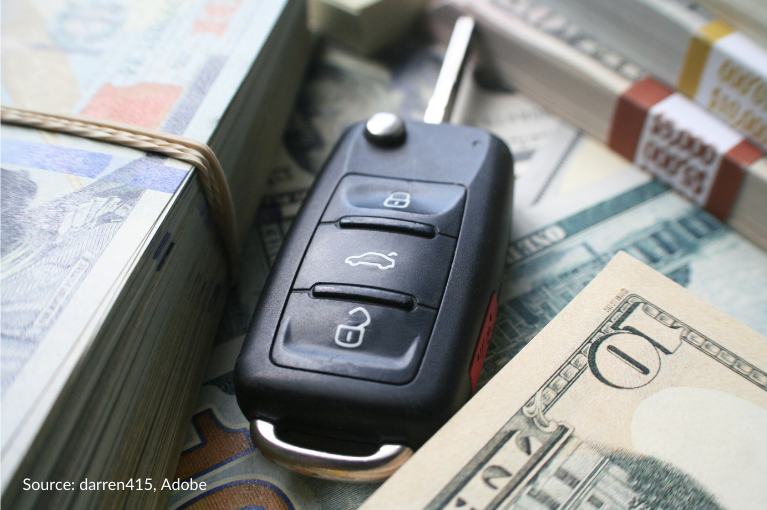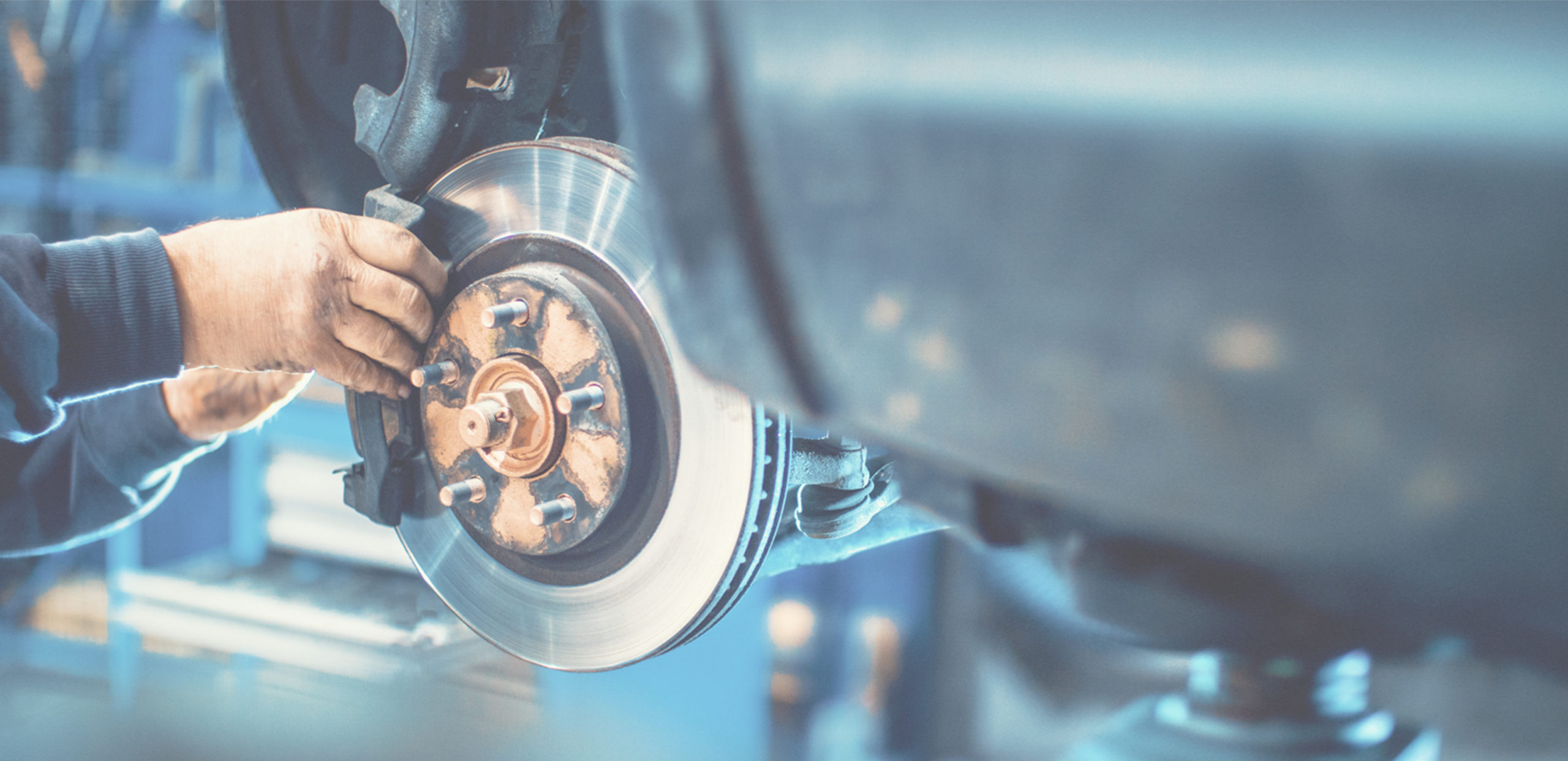A manufacturer buyback or a lemon law buyback is a vehicle that the manufacturer purchased backed from the owner due to a warrantied defect. California law requires the manufacturer to disclose the vehicle’s status as a repurchased vehicle. The manufacturer is required to repair the vehicle to conform to warranty before putting the vehicle back on the market.
Auto manufacturers have an affirmative duty to repurchase or replace vehicles that have manufacturing defects. However, many owners of defective vehicles have to pursue claims under the California Lemon Law in order to have their vehicles repurchased or replaced by the manufacturer.
What Happens To Lemon Law Buyback Vehicles?
When the manufacturer repurchases a defective vehicle, the vehicle is issued the title “lemon law buyback” on its vehicle history report. If a vehicle is repurchased after a lemon law dispute, the California Lemon Law requires the manufacturer to brand the vehicle “lemon law buyback,” repair the vehicle defect and disclose its lemon status to potential buyers.
The Automotive Consumer Notification Act requires the seller to provide the following notice to any prospective buyer:
“This vehicle was repurchased by its manufacturer due to a defect in the vehicle pursuant to consumer warranty laws. The title to this vehicle has been permanently branded with the notation ‘lemon law buyback.’”
The California DMV states that a “lemon law buyback” decal must be placed on the left side or door frame of the vehicle. The seller has to disclose the nature of each defect the original buyer or lessee reported on the vehicle, as well as the repairs made in attempt to fix each reported defect.
What Makes A Vehicle A Lemon?
A vehicle is considered a lemon if it has a substantial defect or malfunction that affects its use, safety or value. Under the California Lemon Law, the owner or lessee has to give the manufacturer a reasonable number of chances to fix the vehicle problem during the warranty period. There is no strict benchmark considered “reasonable” under the California Lemon Law; what’s considered “reasonable” is determined on a case-by-case basis.
Other state lemon laws have different requirements. Not all state lemon laws have the same notification requirements as the California Lemon Law, and the state lemon laws may have different criteria over which cars are considered lemons.
How Do I Know If A Vehicle Is A Lemon?
If you are in the market for a vehicle, you have multiple ways of finding out if a vehicle is a lemon. Typically, the dealership should notify you if the vehicle is a lemon. You may see a decal declaring that a vehicle is a lemon law buyback, or might otherwise receive a notice from the seller.
Different state laws have different requirements for notification and title branding. This makes it possible for a manufacturer to transfer a lemon law buyback vehicle to and from states that do not share California’s notification requirements. This may lead to inconsistencies on vehicle reports, leading to a practice called “title-washing.” If you are still unsure about a vehicle purchase, you may get a vehicle inspection from a third party.
If you already purchased the vehicle, and you suspect that it may be defective, ask yourself these questions:
- Does your vehicle have repeated problems?
- Are these problems covered by your warranty?
- Do they affect your ability to use your vehicle safely?
- Have you tried to get the vehicle problems fixed?
- Does your local dealership or auto repair shop seem unable to fix the problem?
If you answered yes to these questions, your vehicle may be a lemon. Though auto manufacturers have the affirmative duty to repurchase or replace your defective vehicle, you may need to pursue a lemon law claim in order to get a vehicle replacement or get your vehicle repurchased.
That’s why the California Lemon Law exists. If you suspect that your vehicle is a lemon, consult with a lemon law attorney. Keep in mind that the California Lemon Law has a time limit of one year after the expiration date of the applicable warranty. Contact us for a free consultation at our toll-free number: 833-208-8181.
Lemon Law Help by Knight Law Group is an automotive lemon law firm that exclusively practices in California, with offices in Los Angeles, San Francisco, Sacramento and Orange County. If you are a California resident who purchased or leased a defective vehicle from a licensed dealership in California, we may be able to help you get rid of your potential lemon and recover significant cash compensation. Model year restrictions apply: 2020–Present vehicle models only.
However, we cannot help those who reside outside of California or purchased their vehicle outside of California unless they are active duty members of the Armed Forces, nor will we be able to refer them to a lemon law firm in their states.
To learn more about the California Lemon Law and your legal rights, visit our guide on the California Lemon Law for more information.




